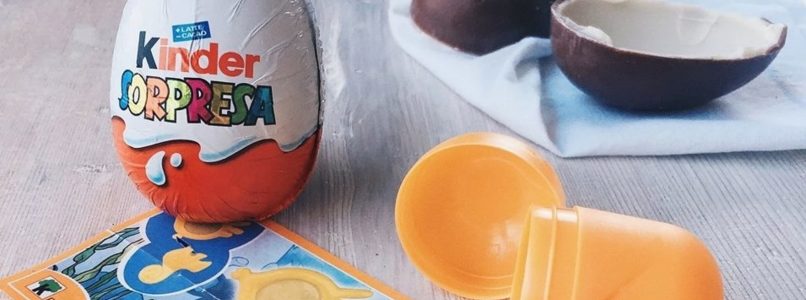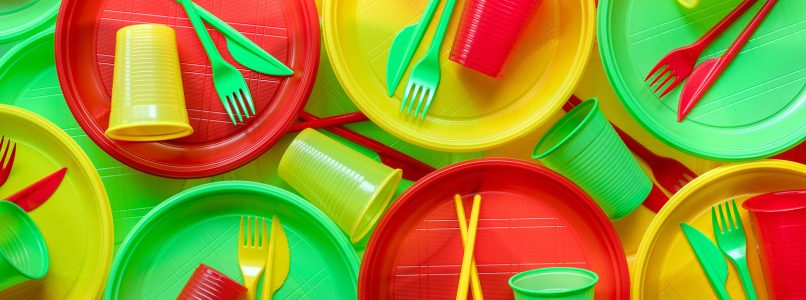The Alba group has signed the New Plastics Economy Global Commitment and is committed to minimizing the environmental impact even with increasingly sustainable packaging
All packaging will be reusable, recyclable or 100% compostable: the Ferrero group of Alba, where Nutella is born, has taken on an ambitious commitment, which promises to materialize by 2025. It has signed the New Plastics Economy Global Commitment, promoted by the Ellen MacArthur Foundation, a protocol to accelerate the transition to acircular economy, that is, an economic system that can regenerate itself.
Ferrero, as explained in a note, with this commitment to sustainable packaging, "reinforces the approach to continuous improvement of packaging, which is part of the strategy aimed at minimize environmental impact. It does so starting from the raw materials, but also involving production plants and logistics, along the entire supply chain.
In other words, the group intends to eliminate problematic or unnecessary plastic packaging through redesign, innovation and new supply models. Furthermore, it wants to enhance the use of recycled materials, safe for consumers, and explore projects to test new packaging materials compostable, especially in the marine environment. Ferrero also undertakes to provide its consumers with information on correct disposal packaging, along with advice on breaking them down and recycling them.
Proud100% reusable, recyclable or compostable by 2025 🌍More details in our just published 2018 CSR Report tt https://t.co/k4yx6ceg1e #plasticstrategy 🙌 😀 pic.twitter.com/3pZ7e1KNG6
– Ferrero EU Affairs (@Ferrero_EU) October 10, 2019
The New Plastics Economy Global Commitment
The New Plastics Economy Global Commitment is a protocol that unites companies, governments and others (so far they have joined more than 350 realities) that support the need for a more circular management of plastic waste. "We are pleased that Ferrero joins us, setting concrete goals for 2025. Our vision is that of a world in which plastic never becomes waste or pollution, "commented Sander Defruyt, leader of the New Plastics Economy Global Commitment at the Ellen MacArthur Foundation. "It will be a challenging journey, but by joining forces we can innovate and eliminate the plastics we don't need, so those we need can be circulated easily and safely, keeping them within our economy and away from harming the environment. "

